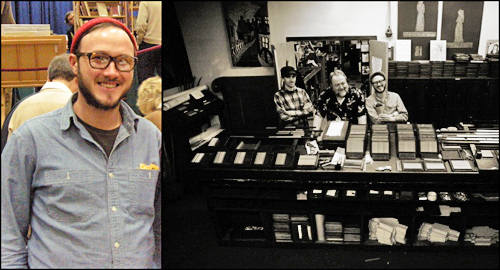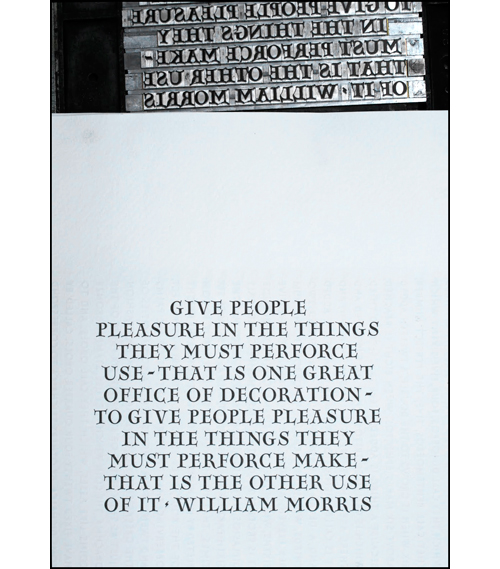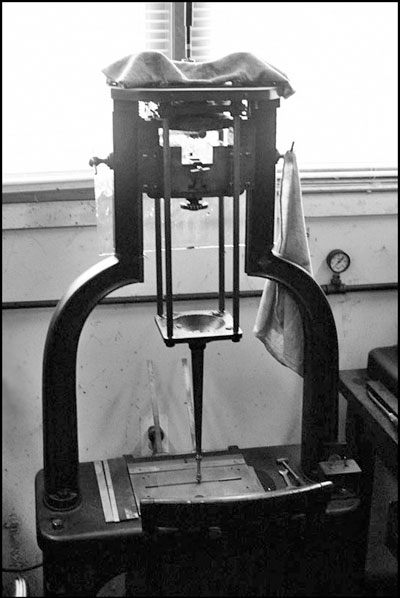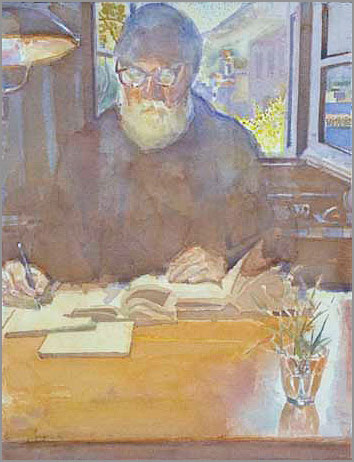
Micah Slawinski Currier is a journeyman type-founder and letterpress printer. He is co-owner and operator of The Dale Guild Type Foundry.
Click here for a more in-depth (and aesthetically relevant) look at Micah Currier, in his own words.

“The craft of type founding is one of the most secretive disciplines within the history of printing. In the mid-19th century two technological advancements within the 400-year-old craft created a revolution that would begin to modernize typography and printing. David Bruce’s pivotal caster was first patented in 1834, mechanizing the type casting while allowing for more complex designs and better type. Along with the pivotal caster the process of electro-depositing matrices had become a viable means for matrix production.
“Type Founding: An Introduction is a hands-on class with historical lectures and discussions focusing on the two primary elements of type production: casting and matrix production. Students will learn to operate, maintain, repair, and cast type from The Dale Guild Foundry‘s Bruce and MacKellar, Smiths, and Jordan pivotal casters. The type cast during the class will be put to use in Penland’s print studio and fonts will be made up for all students to take back to their print shops. In addition to learning to cast and hand-dress type with the pivotal casters, students will learn the invaluable skill of making electro-depositing matrices, and how to set up this process at home. Being able to make replacement matrices for characters that are running low or even making an entire font of matrices is a skill that will benefit any printer’s type collection.

“Pivotal casters are hand-operated casting machines that require a bit of strength to turn over. Students should be able to do 10 pushups without too much difficulty to be comfortable casting type by hand. Students will be encouraged to spend as much time casting as they feel comfortable, but it is not a requirement of the class to be able to crank the handle for hours and hours every day. There will be many other aspects of the craft of type founding and printing to learn. In addition to working with the various disciplines of type founding, students will learn more advanced typesetting using a mortising machine, miter saw, and other type altering tools. There will also be open time each day for students to work on printing projects with assistance from an instructor throughout the class, up to final group project in the last two weeks.

“Given the limited availability of type founding equipment throughout the world, no previous experience is necessary to sign up for the course. The foundations of setting type and printing with a proof press will be reviewed a the beginning of the course, although letterpress printing experience is suggested.”
And you can click here for more information about Penland’s spring concentration workshops.


